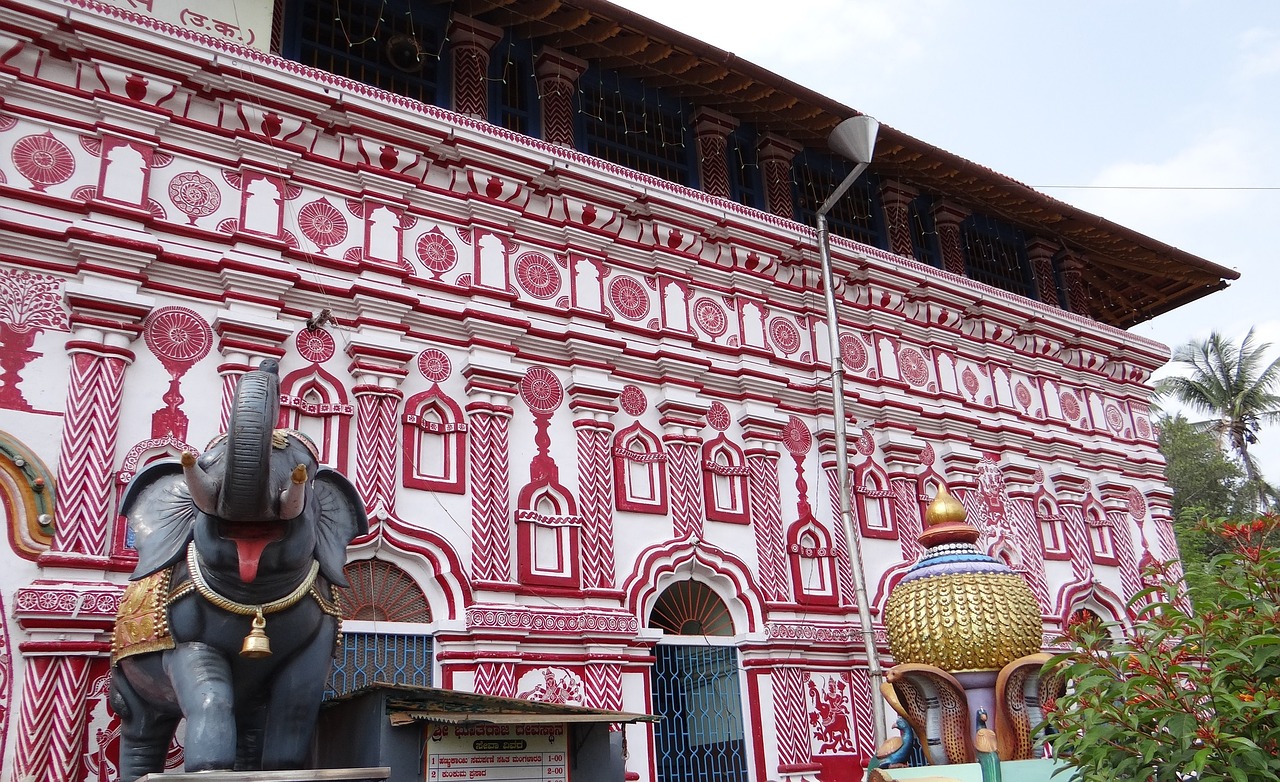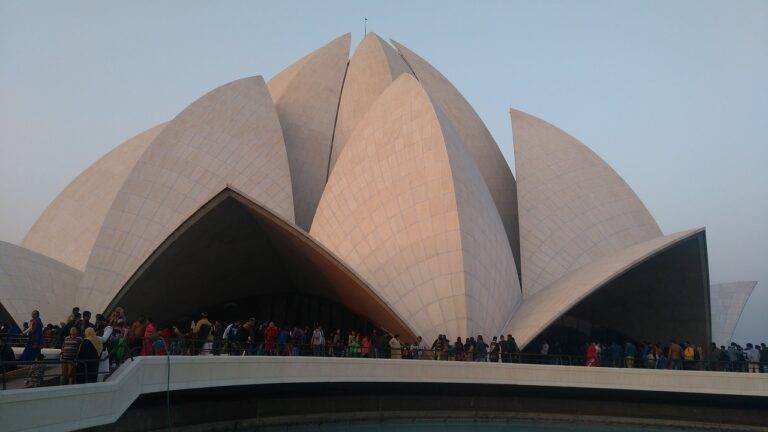Understanding the Role of Religion in Voting Decisions: Skyexch, World777, Goldsbet login
skyexch, world777, goldsbet login: Religion has long played a significant role in shaping the values and beliefs of individuals. For many people, their religious beliefs are a fundamental aspect of who they are and influence many aspects of their lives, including their political beliefs and voting decisions. Understanding the role of religion in voting decisions is essential for gaining insights into the factors that influence people’s choices at the polls.
Religious beliefs can have a significant impact on how individuals approach political issues and make decisions at the ballot box. For some people, their religious beliefs may guide them towards supporting candidates or policies that align with their moral values and principles. For example, individuals who adhere to a pro-life stance may be more likely to vote for candidates who share their views on abortion.
Additionally, religious institutions and leaders can play a role in shaping the voting decisions of their followers. Faith communities often provide guidance on political issues and endorse particular candidates or policies that align with their religious teachings. This can influence the voting decisions of individuals within these communities and shape the outcomes of elections.
However, the relationship between religion and voting decisions is complex and multifaceted. Not all individuals with the same religious beliefs will vote the same way, and other factors such as political ideology, socioeconomic status, and personal experiences also play a role in shaping voting decisions. It is essential to recognize that religious beliefs are just one of many factors that influence how individuals vote.
In recent years, there has been much debate and discussion about the role of religion in politics, particularly as it relates to issues such as separation of church and state and the influence of religious groups on public policy. While it is important to respect the diverse religious beliefs of individuals, it is also crucial to ensure that political decisions are made based on the principles of democracy and the common good, rather than the religious beliefs of any one group.
Ultimately, understanding the role of religion in voting decisions requires a nuanced and thoughtful approach. While religious beliefs can shape individuals’ values and decision-making processes, it is essential to recognize that voting decisions are influenced by a variety of factors. By acknowledging the complexities of this relationship, we can gain a deeper understanding of the diverse perspectives that shape our political landscape.
FAQs:
1. Does religion always play a role in voting decisions?
Religion can play a significant role in shaping voting decisions for many individuals, but it is not the only factor that influences how people vote. Other factors such as political ideology, personal experiences, and socioeconomic status also play a role.
2. Are all religious groups politically active?
While some religious groups are actively involved in politics and endorse candidates or policies, not all religious groups are politically active. Some individuals may choose to keep their religious beliefs separate from their political beliefs.
3. How can we respect religious diversity while maintaining a separation of church and state?
It is essential to respect the diverse religious beliefs of individuals while also upholding the principles of separation of church and state. This can be achieved by promoting a pluralistic society where individuals are free to practice their religion while ensuring that political decisions are made based on democratic principles and the common good.







